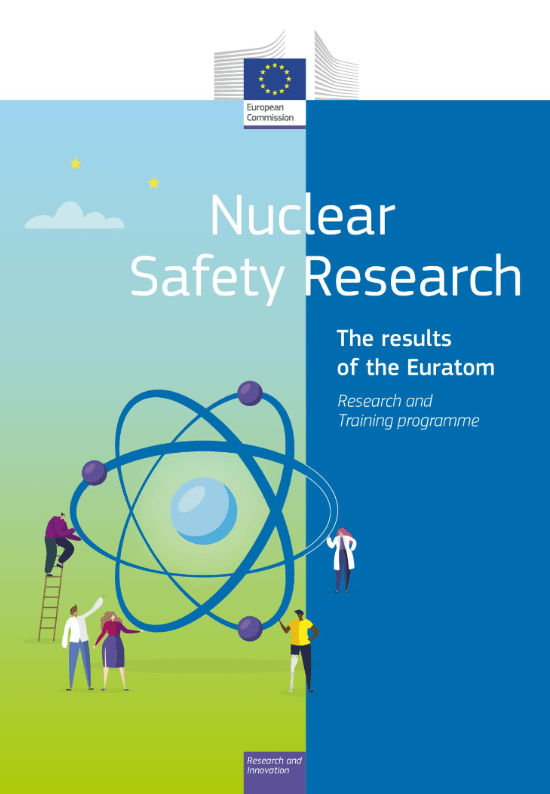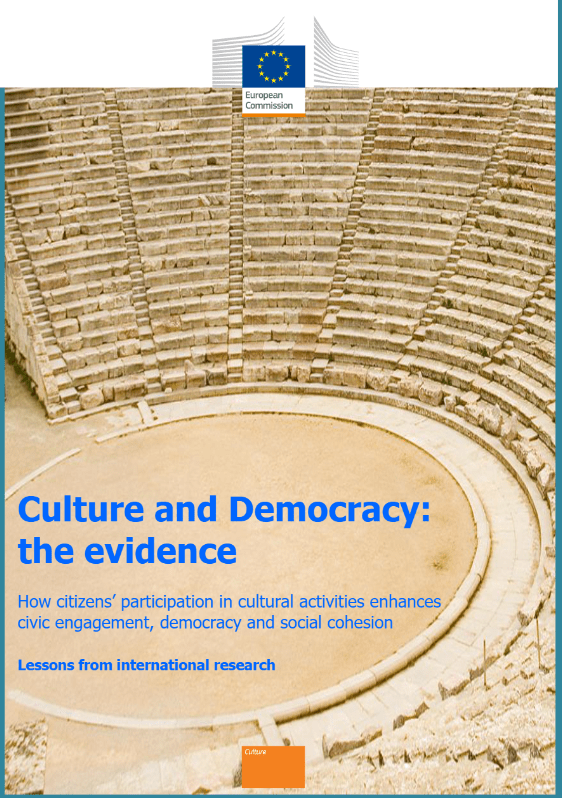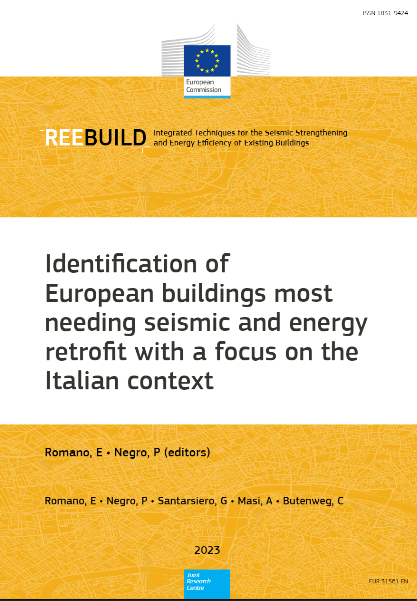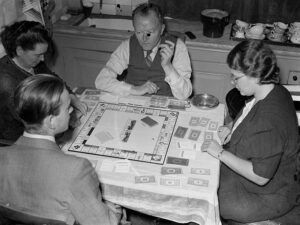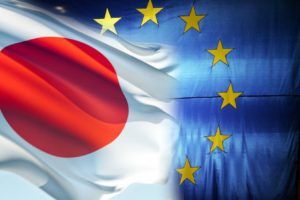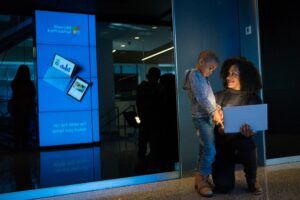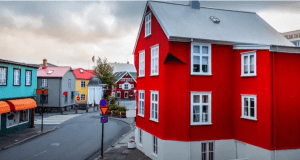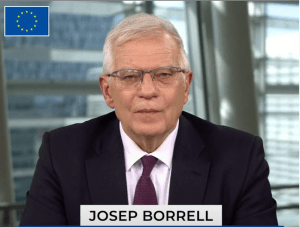
CDE Almería - Centro de Documentación Europea - Universidad de Almería
Centro de Documentación Europea de la Universidad de Almería
Cultura y Educación
Documentación comunitaria en las áreas de Cooperación Internacional Universitaria, Digitalización en el Ámbito Educativo, Espacio Europeo de Educación Superior y Patrimonio Cultural Europeo. Contiene también las últimas noticias, mediateca y boletines relacionados con la materia.
Estás aquí: Fondo Digital CDE > Cultura y Educación

An overview of several key Euratom Research nuclear fission safety projects is given in this synthesis. The Euratom Research and Training Programme 2014-2020 has obtained its objective in pursuing excellence in research facilitating pan-European collaborative efforts across a broad range of nuclear science and technology topics and supporting education and training activities.
[Leer Más]This report analyses the concrete link between democracy and culture. It maps out how citizens who participate in cultural activities are much more likely to engage in civic and democratic life. Inequalities persist throughout the EU when it comes to citizens’ participation in cultural activities, with a clear knock-on impact on democratic participation. And this is just another reason why it is crucial that cultural activities are inclusive and affordable. Even more so as we see that investing in cultural participation can also support a range of other societal objectives – for example, in fields such as health, education and social inclusion. This report, and addressing the issues identified within it, is part of the work the European Commission is doing to strengthen democracy, to promote an inclusive and engaged society and to support the sustainability of the cultural sector. In the Work Plan for Culture 2023-2026, we put a specific focus on the link between culture and democracy, and we want to bring policy makers and stakeholders together to jointly work towards the concept of cultural citizenship in the EU. This report is part of the process.
[Leer Más]La urgente necesidad de acelerar la renovación del entorno construido europeo, haciéndolo más eficiente energéticamente y menos intensivo en carbono a lo largo de todo su ciclo de vida, es una prioridad clave en la UE para marcar un punto de inflexión hacia la transición ecológica en 2050. Además, el parque de edificios existente en las regiones de la UE propensas a los seísmos también se ve afectado por la vulnerabilidad sísmica, lo que tiene importantes repercusiones sociales y económicas debido a los grandes daños o al colapso de los edificios en caso de seísmo, como han demostrado los terremotos pasados y más recientes (por ejemplo, los de Atenas en 1999, L’Aquila en 2009, Emilia Romagna en 2012 y el centro de Italia en 2016). Por lo tanto, el esfuerzo para considerar un enfoque integrado para hacer que los edificios existentes sean simultáneamente seguros y sostenibles es de suma importancia. En este marco, el proyecto piloto «Técnicas integradas para el refuerzo sísmico y la eficiencia energética de los edificios existentes» o REEBUILD tiene como objetivo definir soluciones de rehabilitación capaces de lograr la reducción de la vulnerabilidad sísmica y el aumento de la eficiencia energética del parque de edificios existentes de la UE, al mismo tiempo y de la manera menos invasiva.
[Leer Más]- « Anterior
- 1
- …
- 62
- 63
- 64
- 65
- 66
- …
- 5.922
- Siguiente »
Noticias relacionadas
Boletines CDE
- BOLETÍN INFORMATIVO EDUCACIÓN Y CULTURA EN LA UE (Nº9)
- BOLETÍN INFORMATIVO EDUCACIÓN Y CULTURA EN LA UE (Nº8)
- BOLETÍN INFORMATIVO EDUCACIÓN Y CULTURA EN LA UE (Nº7)
- BOLETÍN INFORMATIVO EDUCACIÓN Y CULTURA EN LA UE (Nº6)
- BOLETÍN INFORMATIVO EDUCACIÓN Y CULTURA EN LA UE (Nº5)
- BOLETÍN INFORMATIVO EDUCACIÓN Y CULTURA EN LA UE (Nº4)
- BOLETÍN INFORMATIVO EDUCACIÓN Y CULTURA EN LA UE(Nº 3)
- BOLETÍN INFORMATIVO EDUCACIÓN Y CULTURA EN LA UE (Nº 2)
- BOLETÍN INFORMATIVO EDUCACIÓN Y CULTURA EN LA UE (Nº1)
